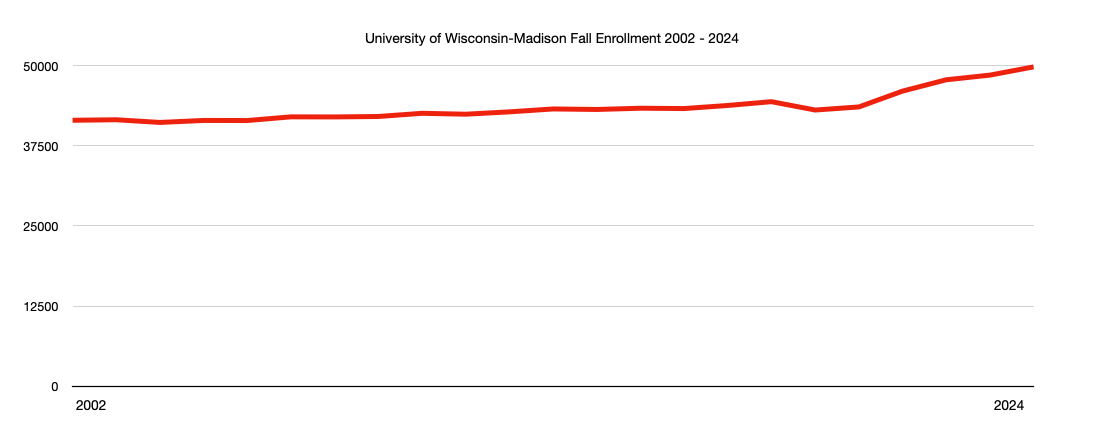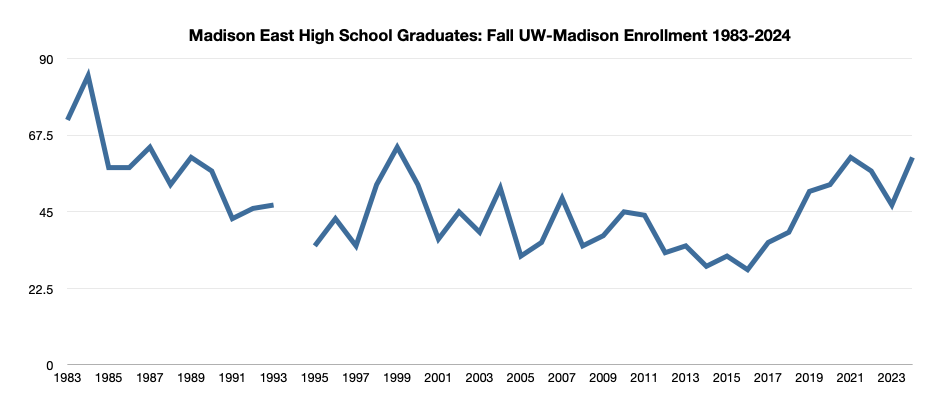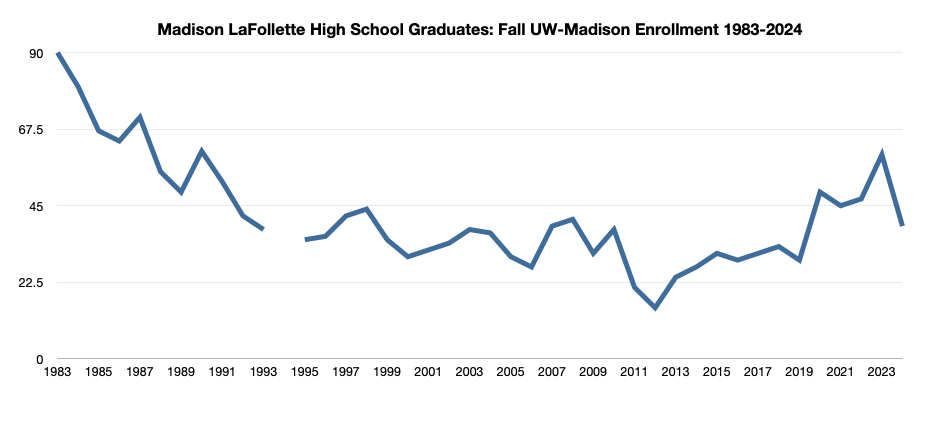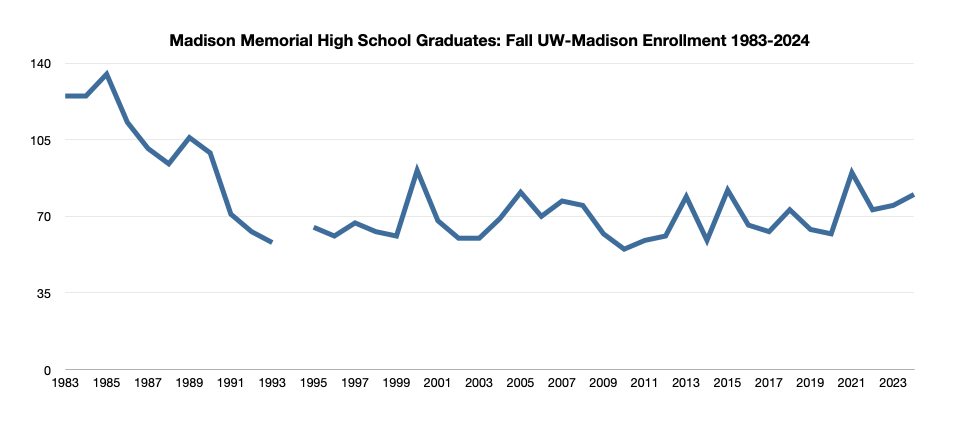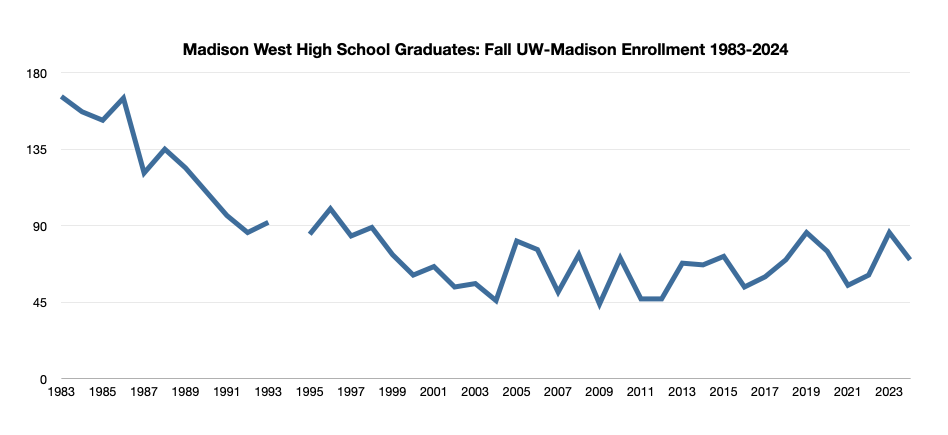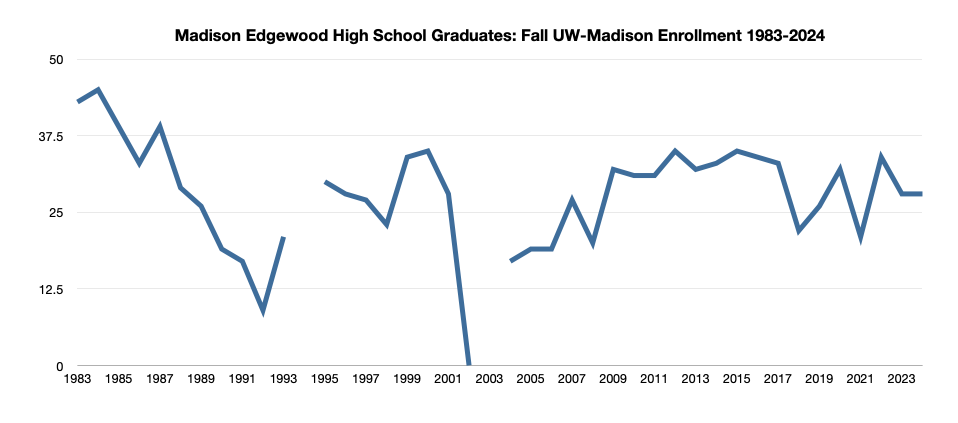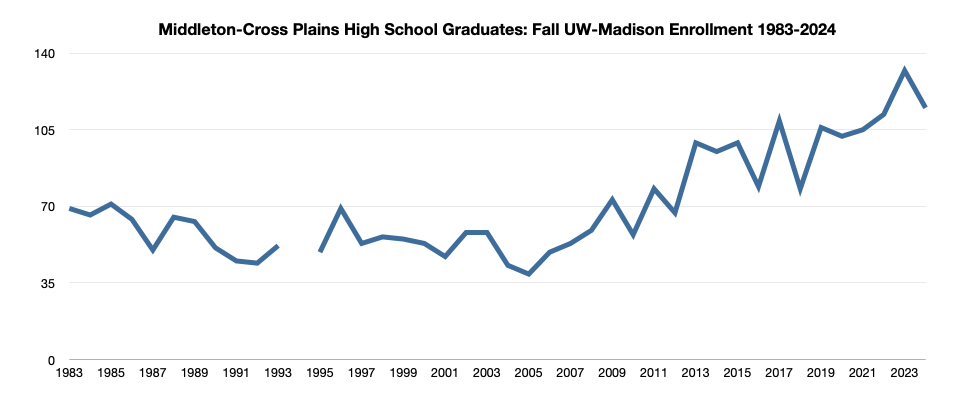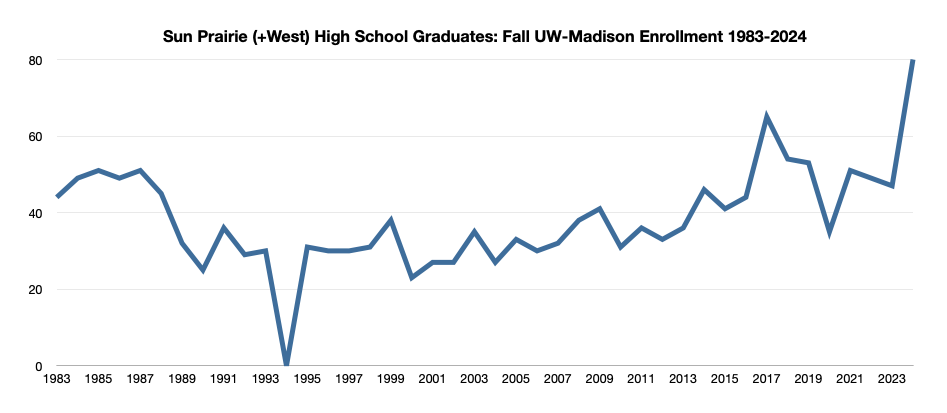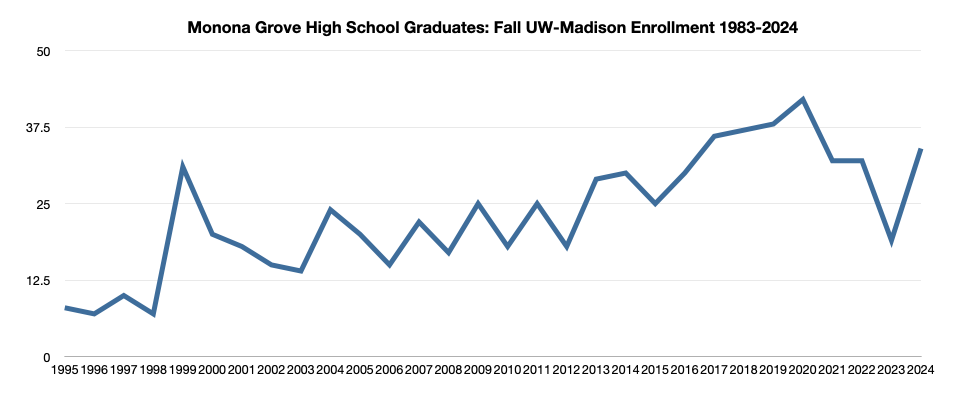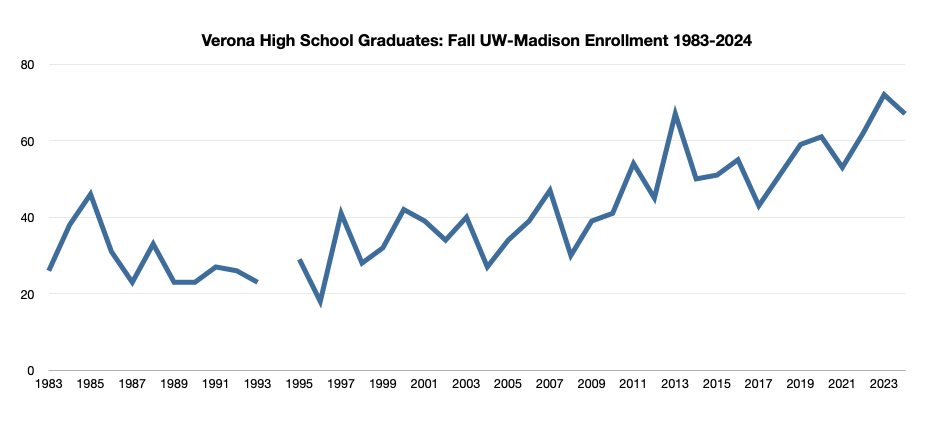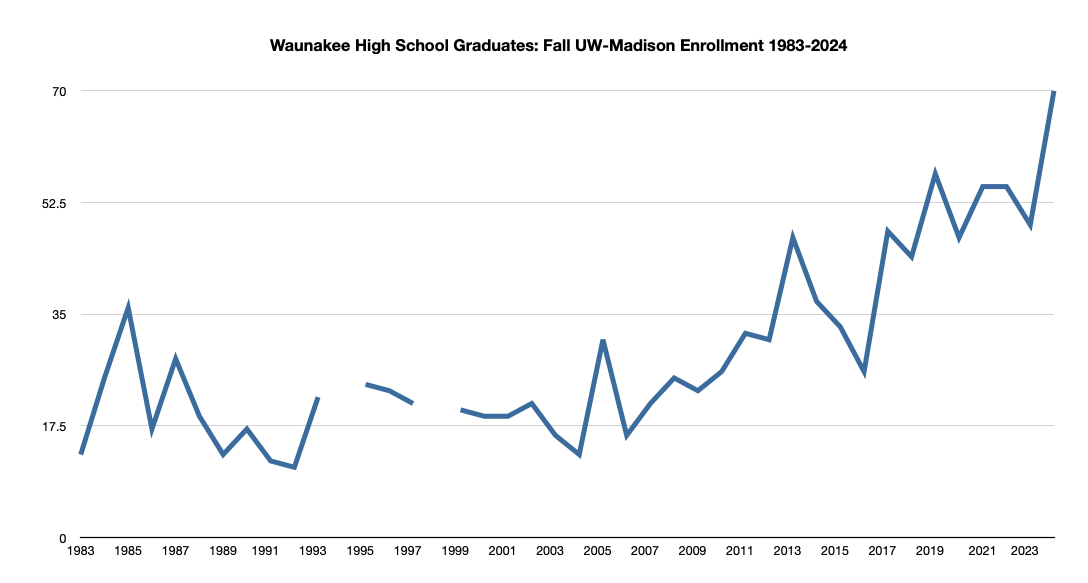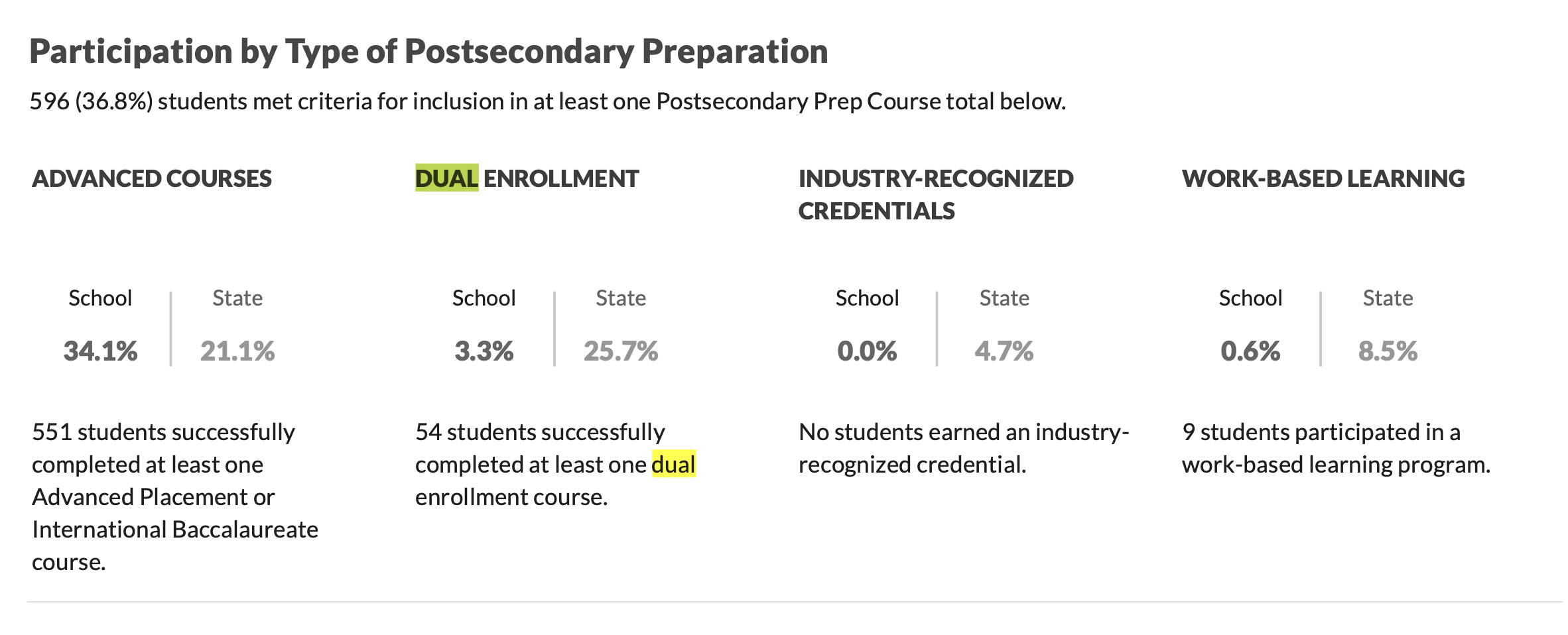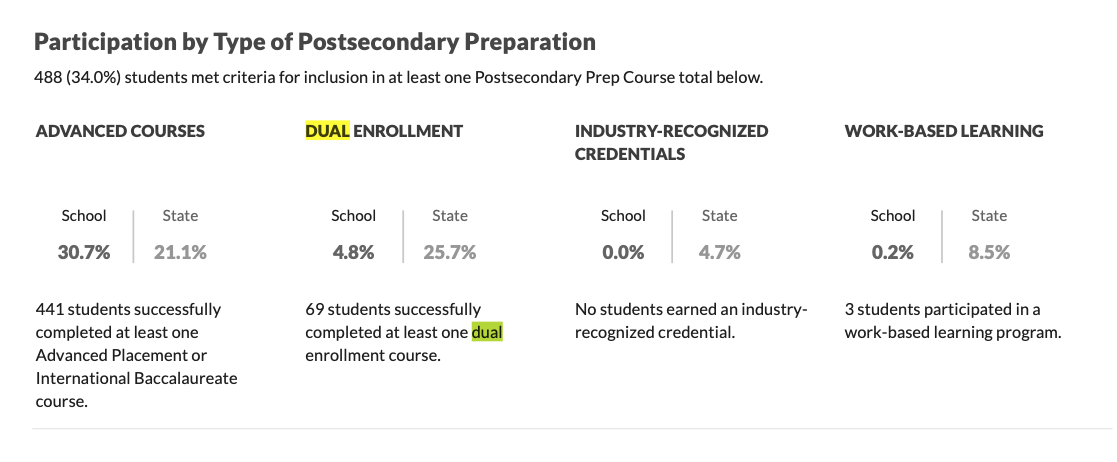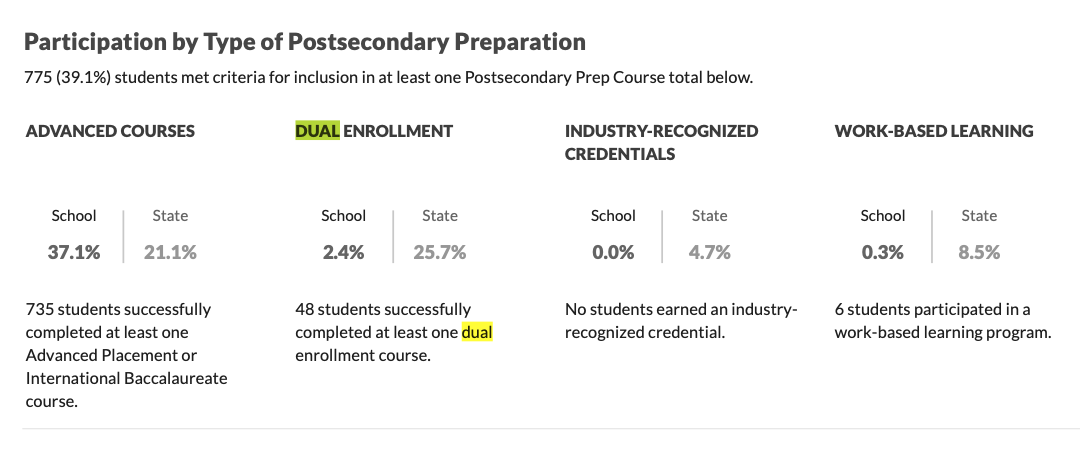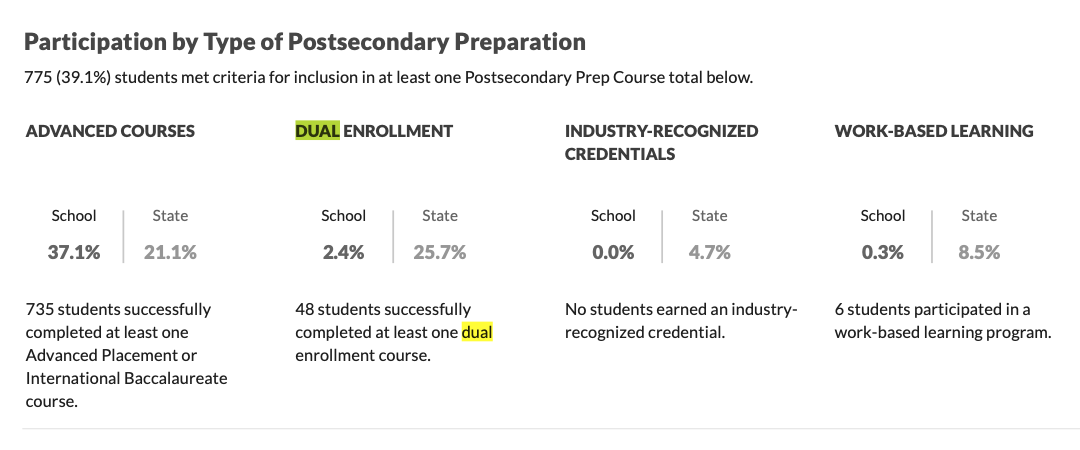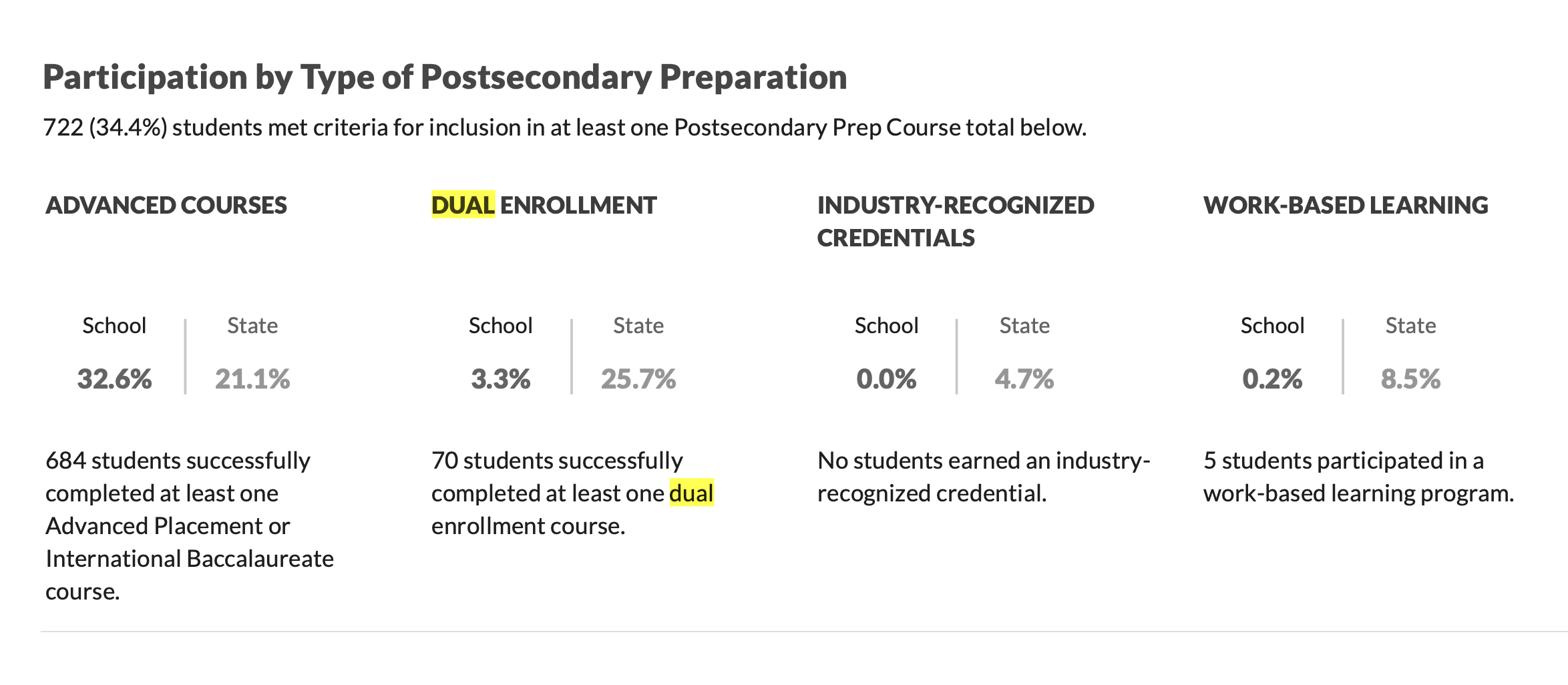To that end, we have assembled a group of academics, intellectuals, and civic leaders who, today, are proud to unveil the Manhattan Statement on Higher Education, which recapitulates the crisis of the universities and calls on Trump to advance six principles for reform: truth over ideology, institutional neutrality, color-blind equality, free speech, civil discourse, and administrative transparency.
Although some academics will balk at any kind of intervention, the reality is that American taxpayers subsidize the universities to the tune of more than $150 billion per year. In exchange, those institutions have a responsibility to follow the law and to uphold basic academic standards, beginning with the most important of all: an orientation toward truth.
These principles are good for universities, conducive to the public good, and consistent with existing law. The intention is to set a baseline of minimum standards that will rein in the worst instincts of the universities, empower administrators who want to prioritize academic excellence, and ensure that taxpayer funding is devoted to the pursuit of knowledge, rather than ideological crusades.
These principles are also broadly popular. As part of this initiative, the Manhattan Institute, where I am a senior fellow, conducted a public opinion survey on each of the reform principles and found that they all enjoy the support of an overwhelming majority of Americans.
The American people have been enormously generous to our universities. It is time for the universities to honor their end of the bargain.
Voters have grown distrustful of the universities and see these reforms, which they support by margins ranging from 3:1 to 9:1, as common sense. For example, 66 percent say that universities must provide a real forum for free speech, and 67 percent agree that schools should expel students who try to squash civil discussion by disrupting events, occupying buildings, and calling for violence. Voters overwhelmingly support students’ right to protest, but have little tolerance for activism that seeks to intimidate others.
